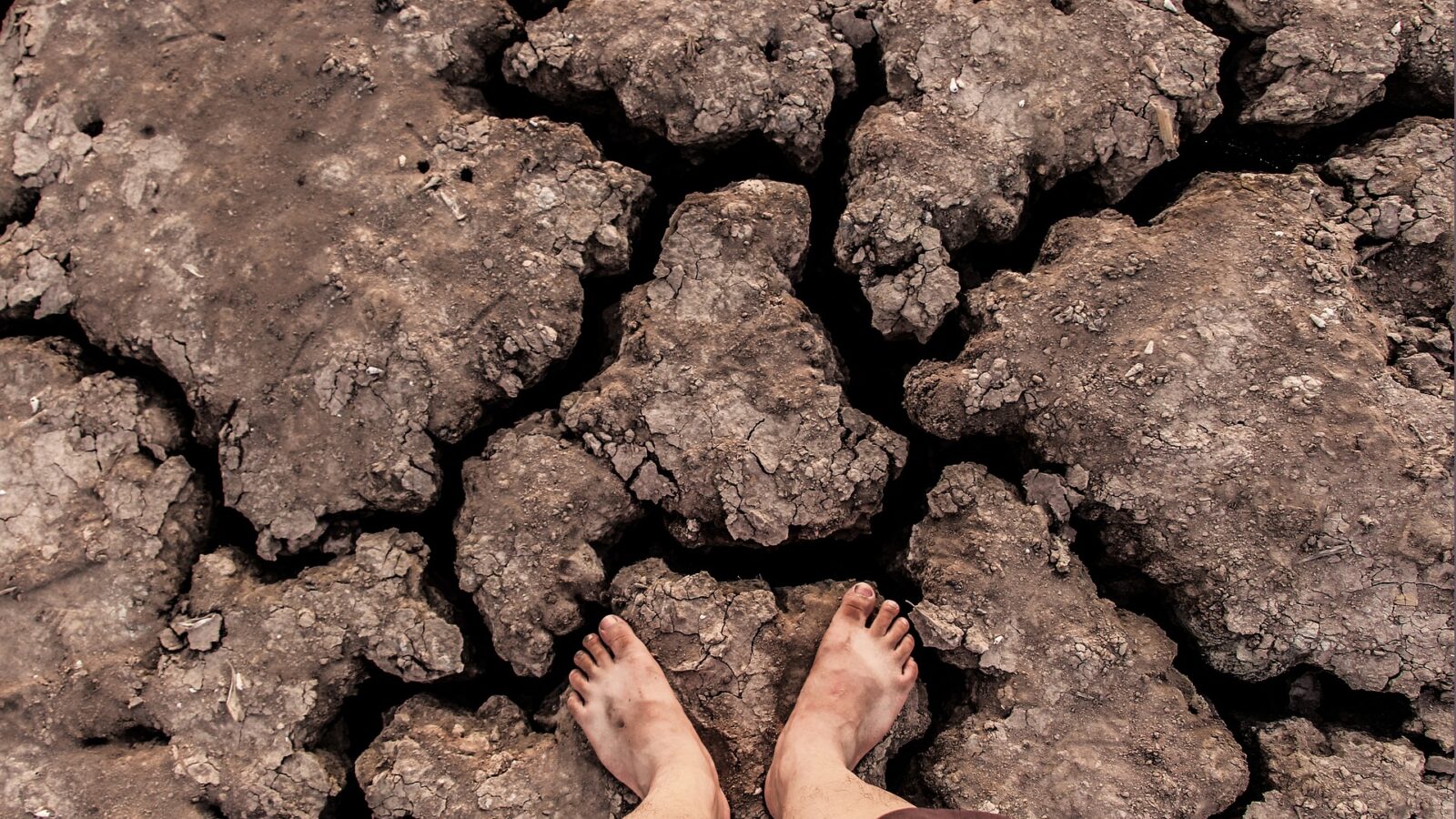My husband and I decided to go to the beach for a swim a few days ago. We live in a coastal town along the Adriatic Sea, in Italy. A five minute walk seperates us from the water. As we made our way down trying to hide from the sun under the scarce patches of shade we could find, my husband commented on how lucky we were to have the opportunity to go for a dip and cool off whenever we wanted to. Sure, how could I disagree. At 5 o’clock in the afternoon it was 30 degrees celcius, but with the soaring humidity index it turned into 36. The scalding hot sand burned our feet as we skipped and hopped over it to reach the shore and step into the refreshing water. What did I just write? Refreshing? How refreshing can a bowl of hot soup be? I was also under the erroneous impression that if I reached deeper water it would be cooler. Wrong again. I felt like Bugs Bunny being cooked in a pot of stew. No, I’m not exaggerating, unfortunately.
My body wasn’t cooling down. How could it? I began to feel nauseated and a migraine was kicking in over my right eye. I made my way out of the water and found a place to sit in the shade. I was sweating, alot. My husband brought me something refreshing to drink, something that was rehydrating and could replace electrolytes fast. After about ten minutes we were able to leave and go home.
Italy’s temperate Mediterranean climate seems to have been replaced by something very simular to an Equatorial one (Equatorial Climate is a subtype of Tropical Climate). Not pleasant at all. The only place that’s comfortable is home, where air conditioning has become essential. This once pristine little town filled with the scent of colourful oleanders, jasmine, rosemary, pine trees, sea air and the aroma of ragù sauce slowly bubbling on a gas stove and dipping into the street through an open window, have been replaced by the overwhelming stink of car exhaust fumes. Cars have literally taken over living space; and in a tiny country like Italy that’s not hard to do. Building new parking lots and parking spots to accomodate an unsustainable form of tourism, solely based on immediate profit seems to be the biggest political concern. Never mind the people’s quality of life. Never mind damage to the environment, including the sea. A large portion of the town’s economy is based on fishing. Over decades stocks have suffered because of pollution, climate change and overfishing. Too many people still don’t understand that their livelihood depends on how they treat the habitat that puts food on their tables, buys them fancy SUV’s, nice clothes, the latest i-phone and, sends their kids to university. I found an extensive array of literature under the title “The impact of climate change on fish stocks in the Adriatic Sea”, on “Google Scholar”. It gave me a better understanding of the situation. The reluctance among citizens and public administrators to implement preventive and protective actions to safeguard what is ultimately the town’s and, on a larger scale, the country’s environmental wellbeing is simply mind-boggling. The concept that one can’t exploit the environment without paying consequences, that our natural resources are not infinite, just doesn’t seem to sink in.
It is no secret that Italy is at the center of the climate hotspot of the Mediterranean basin. Extreme weather conditions causing severe hailstorms in northern Italy while wildfires blaze in people’s backyards in Sicily, are an alarming sign that we are drawing nearer and nearer to a point of no return. 12 million people live in flood prone areas. Although Italy enjoys a good availability of water compared to other European countries, it’s attainability has nonetheless dropped by 20% in recent decades. Global warming is the main cause of water reduction. If it is not stopped, this vital resources could be reduced by 40% in a very short period of time. In southern Italy this figure could reach 90%. What does this mean? No water, no food. Not to mention the fact that in a struggling Italian economy, where wages are low and families grapple to make ends meet, the food there is will be too expensive to buy. Climate change affects poor countries and the poor first and foremost.
My 20 year old son has a part-time summer job at a Bistro where we live. One evening, two weekends ago, he came home 5 hours early from his six hour shift. It was simply too hot to handle. There weren’t any customers. How good (or bad) is that?


